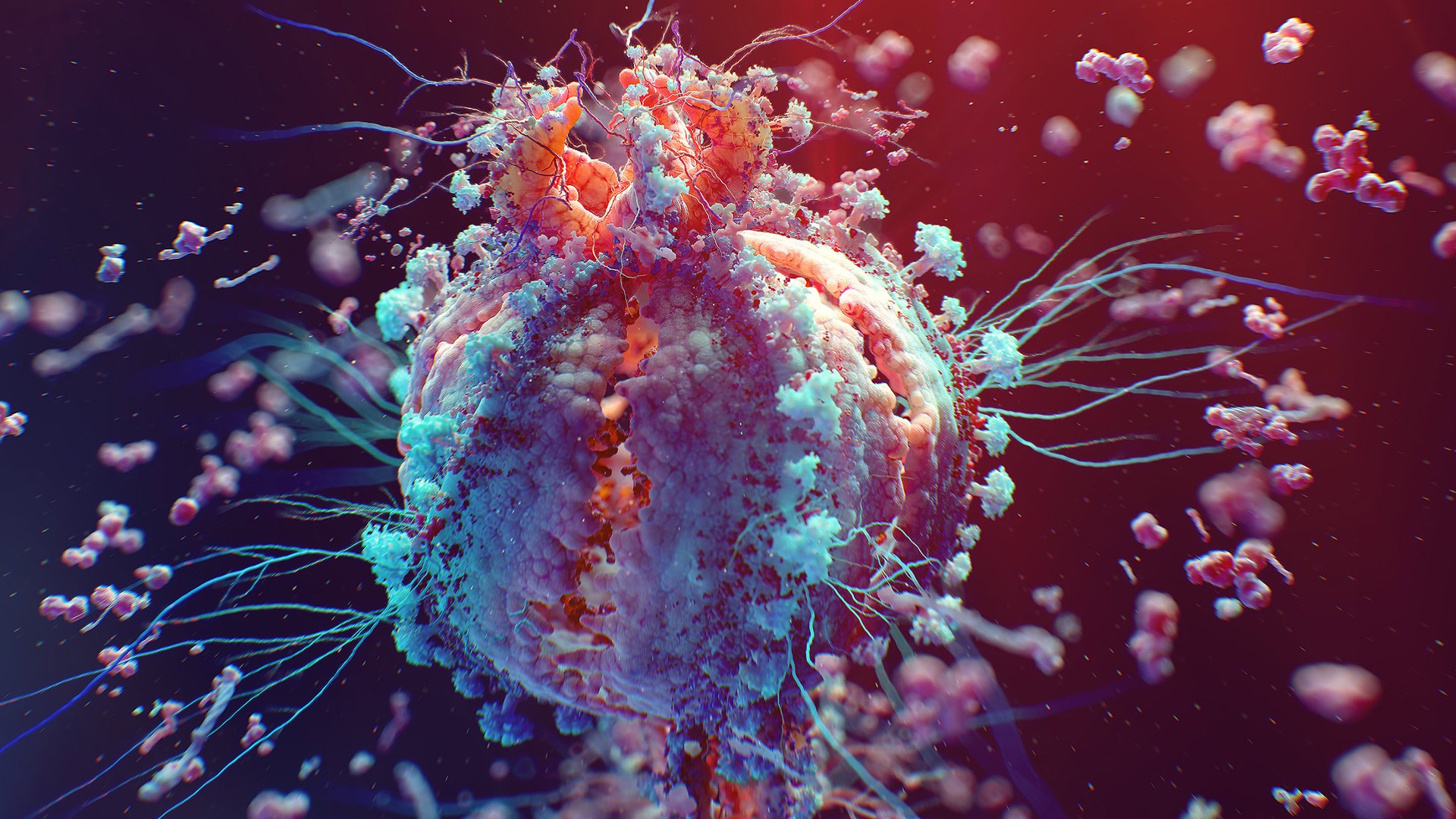


Stay tuned and follow the latest developments and news in Molecular Oncology.

Cancer has become an extremely common disease nowadays, which should not be surprising when almost every family seems to have people with a history of cancer.
Based on the findings of the international scientific community in recent years, we have concluded that in some cases cancer occurs due to the existence of an inherited predisposition and seems to “run” genetically in some families. In these cases, it is not the cancer that is inherited, but one or more mutated genes that are passed from one generation to the next and are associated with an increased chance of developing cancer.
However, in the majority of cases, cancer is a sporadic phenomenon and is linked to lifestyle-related habits (poor diet, smoking, alcohol, exposure to dangerous radiation and chemicals, etc.). Only 5-10% of cancer cases appear to be associated with gene mutations inherited from previous generations. The possible existence of such a gene mutation is an extremely important finding, however, as it radically increases the risk of developing cancer. An important example is a possible mutation in the BRCA1/2 genes that are associated with the risk of developing breast and/or ovarian cancer, which, if found in an individual, increases the chance of developing breast cancer by up to 87% and ovarian cancer by up to 44%.
However, there is an extensive list of genes that is associated with an inherited predisposition to a variety of inherited cancer syndromes. Every person who has a personal or family history of cancer should undergo this analysis, as they may carry a genetic mutation and therefore belong to a susceptible group at increased risk. The results of the gene analysis will help the individual and the health professional who is monitoring him/her to make the right decisions for the management of both the individual and his/her relatives who may be similarly at risk.
A very promising message delivered by the American Society of Breast Surgeons is that genetic testing should be recommended in every case of breast cancer regardless of history, as it can identify cases where gene mutations are present but not detected due to the lack of a complete gene profile for each individual patient.
Genekor Medical SA.